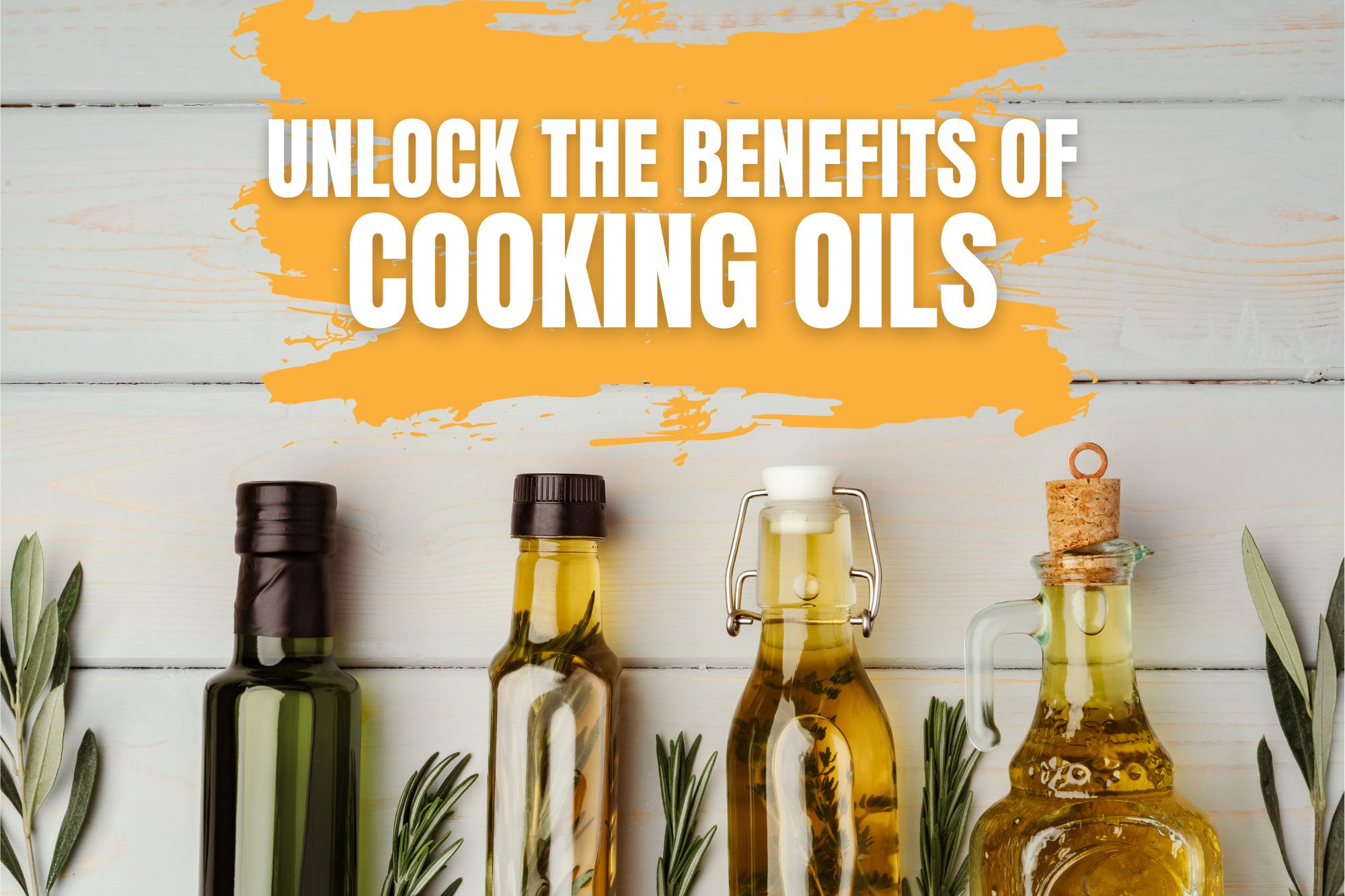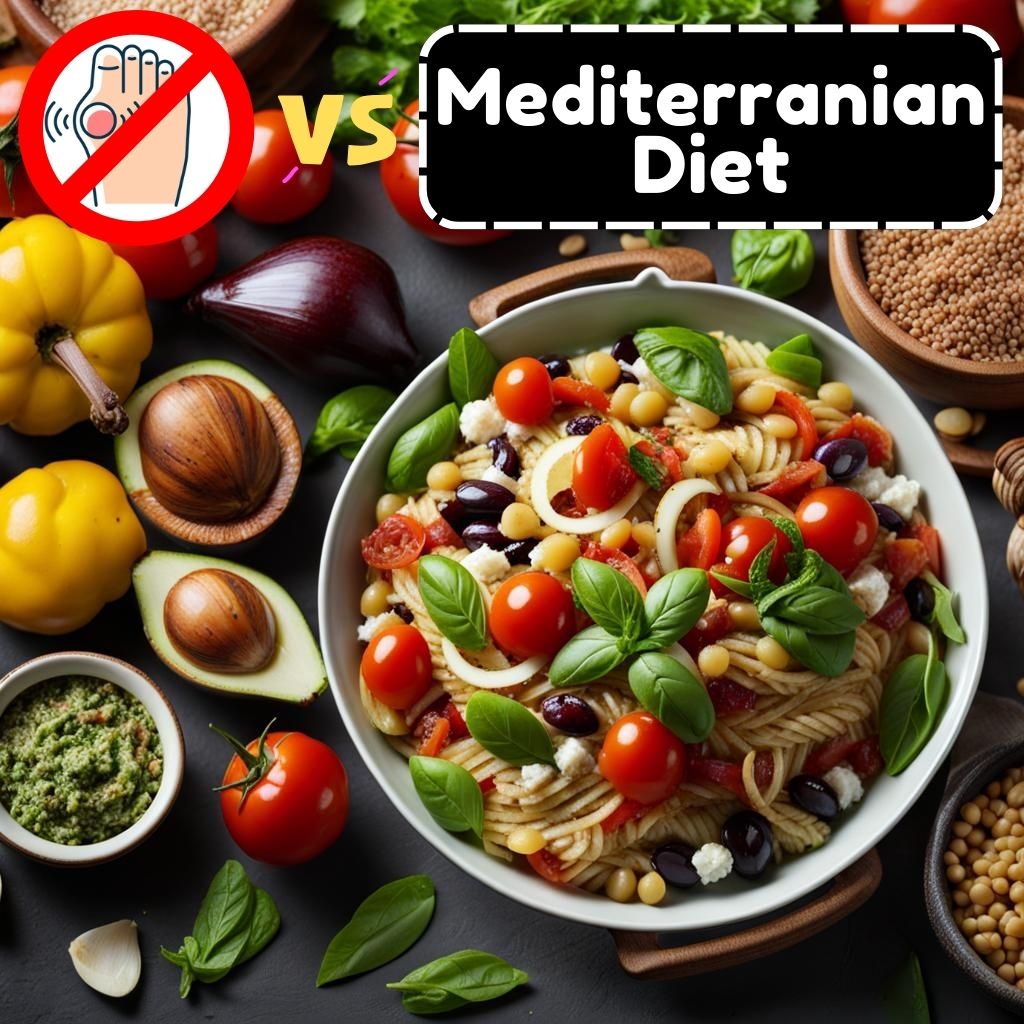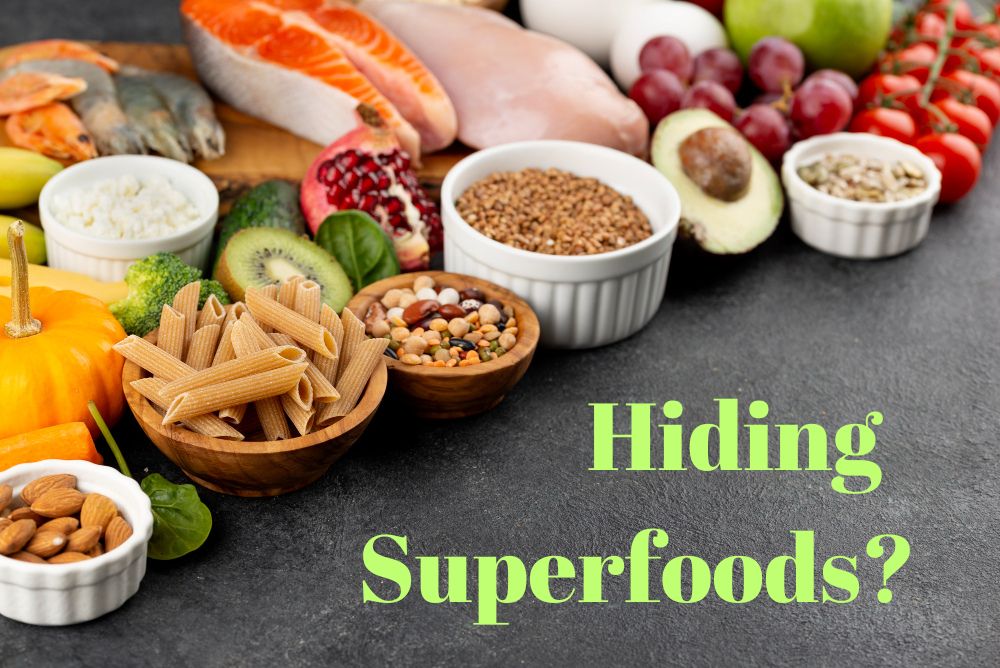
Unlock the Benefits of Cooking Oils
Cooking oils—especially those from plant sources—can be key allies in health and cooking. They deliver mostly unsaturated (“good”) fats, which help lower LDL (“bad”) cholesterol and fight inflammation. Using the right oils can support heart health, weight management (by cutting trans fats and choosing low-saturated options), safer frying, and diet plans like the Mediterranean or keto diet. This article explains the science and trends behind popular cooking oils, with expert advice and data.
Healthy vs Unhealthy Fats
- Unsaturated fats (good) – These are liquid plant oils rich in monounsaturated and polyunsaturated fats (like olive, canola, avocado, soybean and fish oils). They lower LDL cholesterol and may even raise HDL (“good”) cholesterol. They also contain omega‑3 and omega‑6 fatty acids, which support heart and brain health. For example, fatty fish and flaxseed oil are high in omega‑3s, praised by the American Heart Association (AHA) for heart protection. Harvard nutritionist Teresa Fung notes that if your diet already includes nuts and fish, “you’re already getting a mix of polyunsaturated and monounsaturated fats” — so focus on overall variety, not a single “miracle” oil.
- Saturated fats (limit) – These are solid at room temperature (like butter, coconut oil, palm oil and lard). They raise LDL cholesterol, contributing to clogged arteries. The AHA and health experts advise keeping saturated fat low – e.g. under 4 g per tablespoon of oil. Tropical oils like coconut and palm (used in many processed foods) are high in saturated fat and should be used sparingly.
- Trans fats (avoid) – Artificial trans fats (partially hydrogenated oils) are the worst. They raise LDL and lower HDL cholesterol. They’ve been largely banned in foods, but avoid any oil labeled “partially hydrogenated.”
In short, replace saturated/trans fats with liquid vegetable or fish oils. As the AHA advises: “Replacing ‘bad’ fats (saturated and trans) with ‘good’ fats (monounsaturated and polyunsaturated) is smart for your heart”.
Comparing Popular Oils
- Olive Oil (Extra-Virgin) – A Mediterranean staple high in monounsaturated oleic acid and antioxidants. Cleveland Clinic dietitian Julia Zumpano, RD, LD, calls olive oil “the healthiest go-to” because it lowers LDL and raises HDL when it replaces butter and other saturated fats. Extra-virgin olive oil (EVOO) has the highest antioxidant and phenolic content. It’s excellent in salad dressings or drizzled on foods (raw or lightly cooked). Note: EVOO has a lower smoke point (~350–410°F) and can lose flavor/nutrients at very high heat.
- Avocado Oil – Rich in monounsaturated fats like olive oil, with a very high smoke point (~500°F) good for frying or high-heat cooking. It has a mild flavor and contains vitamin E. Industry reports note avocado oil’s “health halo” is driving popularity in dressings and snacks. For example, Beyond Meat switched from canola to avocado oil in its burgers, highlighting the improved nutrient profile (backed by endorsements from the American Diabetes Association and AHA).
- Canola and Soybean Oil – Neutral-tasting and widely used. Both are rich in unsaturated fats (canola is high in monounsaturates and ALA omega-3; soybean high in polyunsaturates). They have high smoke points suitable for frying. A 2018 meta-analysis found that oils like safflower, sunflower, rapeseed (canola), flaxseed and corn were even more effective at lowering LDL cholesterol than olive oil, likely due to their high polyunsaturated fat. Tufts nutrition expert Alice Lichtenstein emphasizes that swapping saturated/trans fats with these vegetable oils is what the evidence supports for heart health.
- Fish Oil – High in long-chain omega-3s (EPA and DHA), not typically used as a cooking oil but taken as supplements or through fatty fish (salmon, sardines). The AHA recommends eating fatty fish twice a week for heart benefits. Fish oil lowers triglycerides markedly and may modestly reduce heart disease risk. It is not for frying (it oxidizes easily and has a low smoke point). Instead, think of fish oil (or algae oil) as a concentrated supplement of heart-protective omega-3s.
- Peanut and Sesame Oil – Nut oils are high in unsaturated fats and add flavor (sesame oil has a distinctive nutty taste). They’re fine for cooking at medium heat (sesame has a moderate smoke point). Caution: Peanut and sesame oils may trigger allergies in sensitive people. Highly refined peanut oil usually removes allergenic proteins, but unrefined versions can cause reactions. Always check product labels if you have nut or seed allergies.
- Saturated Oils (Coconut, Palm) – Coconut oil is ~90% saturated fat. It can raise both HDL and LDL cholesterol. Palm oil (used in processed foods) is about 50% saturated. Use these sparingly; most experts recommend liquid plant oils over tropical fats.
Refined vs. Cold-Pressed: Refined oils are treated with heat or chemicals to remove impurities, yielding a neutral flavor and a higher smoke point (good for frying). Cold-pressed (unrefined) oils are extracted mechanically without heat, retaining more nutrients, flavor and antioxidants. For example, extra-virgin olive oil is cold-pressed from olives, while light olive oil is refined. Refined oils store longer and can withstand higher heat; cold-pressed oils (like some olive, flaxseed or walnut oils) are best used uncooked or at low heat to preserve their delicate compounds.
Smoke Points & Cooking Uses: Oil stability varies. High–smoke oils (avocado, refined canola, peanut, light olive) remain stable at ~400–500°F and suit sautéing, stir-frying or roasting. Low–smoke oils (extra-virgin olive, unrefined nut oils, flaxseed) start smoking around 300–375°F and are best for dressings, drizzling or very light cooking. As Harvard’s nutrition editor explains, heating oil past its smoke point destroys flavor and nutrients, and deep-fried foods absorb lots of oil (adding calories) while losing health benefits.
Health Benefits and Evidence
Cooking with healthy oils offers real health perks. Monounsaturated and polyunsaturated fats lower LDL (“bad”) cholesterol and reduce heart disease risk compared to saturated fats. For example, replacing butter with canola or corn oil lowers LDL in clinical trials. The famed PREDIMED trial found that a Mediterranean diet rich in extra-virgin olive oil cut total cardiovascular events by about 30% compared to a low-fat diet. Likewise, a meta-analysis of large cohort studies found people with the highest olive oil intake had about 15% lower risk of heart disease and 17% lower all-cause mortality than those with the lowest intake. In a 2024 JAMA Network Open study, women who closely followed a Mediterranean eating pattern (high in olive oil, vegetables, nuts) lived longer – with up to 23% lower risk of death over 25 years.
Oils also offer vitamins and antioxidants. For instance, olive oil contains vitamin E, beta-carotene and polyphenols that fight oxidative stress. Cleveland Clinic experts note that extra-virgin olive oil has the lowest oxidation rate of any cooking oil, meaning it produces fewer free radicals when heated. Avocado oil is rich in carotenoids and vitamin E. Fish oil provides EPA/DHA, which are well-known to reduce inflammation and lower triglycerides – a risk factor for heart disease.
Moderation is key: fats are calorie-dense (9 kcal/g). Both Harvard and Cleveland note that one tablespoon of oil contains about 120 calories. Even healthy oils can contribute to weight gain if overused. Portion out oils or use spray/mister bottles to control amounts.
Current Trends and Considerations

There’s been a recent buzz around cooking oils. Avocado oil’s market is booming (expected to reach ~$1 billion by 2032), driven by its perceived health image. Meanwhile, some health influencers have vilified “seed oils” (like soybean, sunflower) as inflammatory. For example, an industry article notes that while avocado oil is “gaining popularity” with a health halo, seed oils “face increased scrutiny” by consumers concerned about inflammation and heart disease. However, experts caution that scientific evidence is inconclusive on any harm from normal seed-oil use. In fact, major health organizations (AHA, Harvard Health) still recommend canola, soybean, and other seed oils as healthy choices in moderation.
The Mediterranean diet continues to be endorsed by nutritionists: it emphasizes plant oils (especially olive oil), whole foods and fish, and has strong evidence for cardiovascular and longevity benefits. Ketogenic diet enthusiasts, by contrast, often use more saturated fats like coconut oil or butter. If following keto, choose oils with no carbohydrates (e.g. coconut, MCT oil, butter, and low-carb olive or avocado oil) and monitor heart health.
Risks and Warnings
- Heat and Smoke: Do not let oil reach its smoke point. AHA advises: “If your oil starts to smoke or catches fire, don’t use it. Oil starts to degrade once it reaches its smoke point”. Once oil smokes, harmful compounds and off-flavors form. For deep frying, consider healthier methods (air frying or oven baking) when possible.
- Reusing Oil: Reheating or reusing cooking oil is discouraged. The AHA explicitly says, “Don’t reuse or reheat any cooking oil.” Each heating cycle oxidizes the oil, creating free radicals and acrolein (a toxic compound). Dispose of used oil if it smells rancid or once it reaches its use-by date (fresh oil can usually be kept 1–2 months after opening).
- Heart Disease: People with heart disease or high cholesterol should strictly limit saturated fat and avoid trans fats. Use plant oils instead of butter or lard. Limit fried foods and creamy sauces made with heavy oils. Focus on oils high in unsaturated fats (olive, canola) and don’t exceed recommended fat intake (about 25–35% of daily calories).
- Gallbladder/Gallstones: Very high-fat meals can trigger gallbladder contractions and cause pain in people with gallstones. Healthline advise a diet moderate in healthy fats and high in fiber to ease digestion. For example, olive oil and omega-3s may actually support gallbladder health by improving bile quality. Still, if you have gallbladder issues, introduce fats gradually and follow your doctor’s advice.
- Allergies: People with peanut, tree nut, sesame or seed allergies should check oil sources. Unrefined peanut, almond or sesame oils can contain proteins that trigger reactions. Highly-refined peanut oil is often safe for peanut-allergic individuals (the allergen is removed), but it’s best to be cautious and choose non-allergenic oils (like olive or safflower) if you are sensitive. Always read labels carefully.
FAQ
What’s the healthiest oil?
No single oil is perfect, but many experts put extra-virgin olive oil at the top for heart health. It’s well-researched and “has been proven to lower LDL and raise HDL” cholesterol. Other excellent choices include canola, safflower, sunflower and avocado oils (all high in unsaturated fats). Fish oil or flaxseed oil are healthiest for getting omega-3s. The best approach is to use a variety of oils and minimize butter, coconut and palm oil.
Can olive oil be used for frying?
Yes, but pick the right type. Extra-virgin olive oil (EVOO) has a lower smoke point and is best for low-heat cooking or raw use (dressings, drizzling). Light or pure olive oil (which is refined) has a higher smoke point (~465°F) and can be used for sautéing or shallow frying. For deep frying, neutral high-smoke oils (refined canola, avocado, peanut) are usually better. If EVOO does begin to smoke, turn down the heat or remove the pan from the burner.
What’s the difference between refined and cold-pressed oils?
Refined oils have been processed to remove impurities and flavor, giving a clear oil with a neutral taste and higher heat tolerance. Cold-pressed oils are mechanically extracted without heat; they retain more natural antioxidants, flavor and nutrients, but are less heat-stable. For example, cold-pressed olive oil (EVOO) has a strong flavor and many antioxidants, while refined olive oil is lighter in taste and better for high-heat cooking. Choose cold-pressed for salads and flavor, and refined for high-temperature cooking.
How do I store cooking oils?
Keep oils sealed in a cool, dark place (like a pantry or cupboard) to slow oxidation. Light, heat and air make oils go rancid. Store frequently-used oils in smaller bottles if possible, and never leave an oil bottle open for days. Use oils within a few months of opening; check for a date label, and if oil smells “off” or bitter, discard it. Some oils (like flaxseed) even benefit from refrigeration.
Is it safe to reuse cooking oil?
It’s not recommended. Repeatedly heating oil breaks down its fatty acids and creates potentially harmful compounds. The AHA bluntly advises: “Don’t reuse or reheat any cooking oil”. Each time oil is used for frying, it oxidizes and loses nutritional value. Instead of refrying leftovers, try draining and refrigerating oily foods, or strain and use the oil once (then compost or dispose safely).
Key Takeaways
- Favor unsaturated plant oils. Swap butter, lard and coconut oil for olive, canola, avocado, sunflower/soybean and similar oils to improve cholesterol (heart.orgpmc.ncbi.nlm.nih.gov).
- Balance fat intake. Oils are calorie-rich, so use measuring spoons or mist sprayers. Keep total fat around 25–35% of daily calories (health.clevelandclinic.org).
- Match oil to use. Use high–smoke oils for frying, and delicate cold-pressed oils for dressings or low heat. Never let oil smoke.
- Stay informed. Research consistently shows plant oils benefit heart health. Keep up with guidelines from the AHA, Harvard and other authorities. Trends like avocado oil are fine, but remember the core advice: minimize saturated/trans fats and choose whole-food sources of fat (nuts, fish, olives, seeds).
For more on this topic, see our related guides: Best Cooking Oils for Heart Health, Smoke Point Chart for Cooking Oils, Cold-Pressed vs Refined Oils, Cooking Oils to Avoid, Omega-3 in Oils Explained, and Healthy Oils for Keto Diet.



